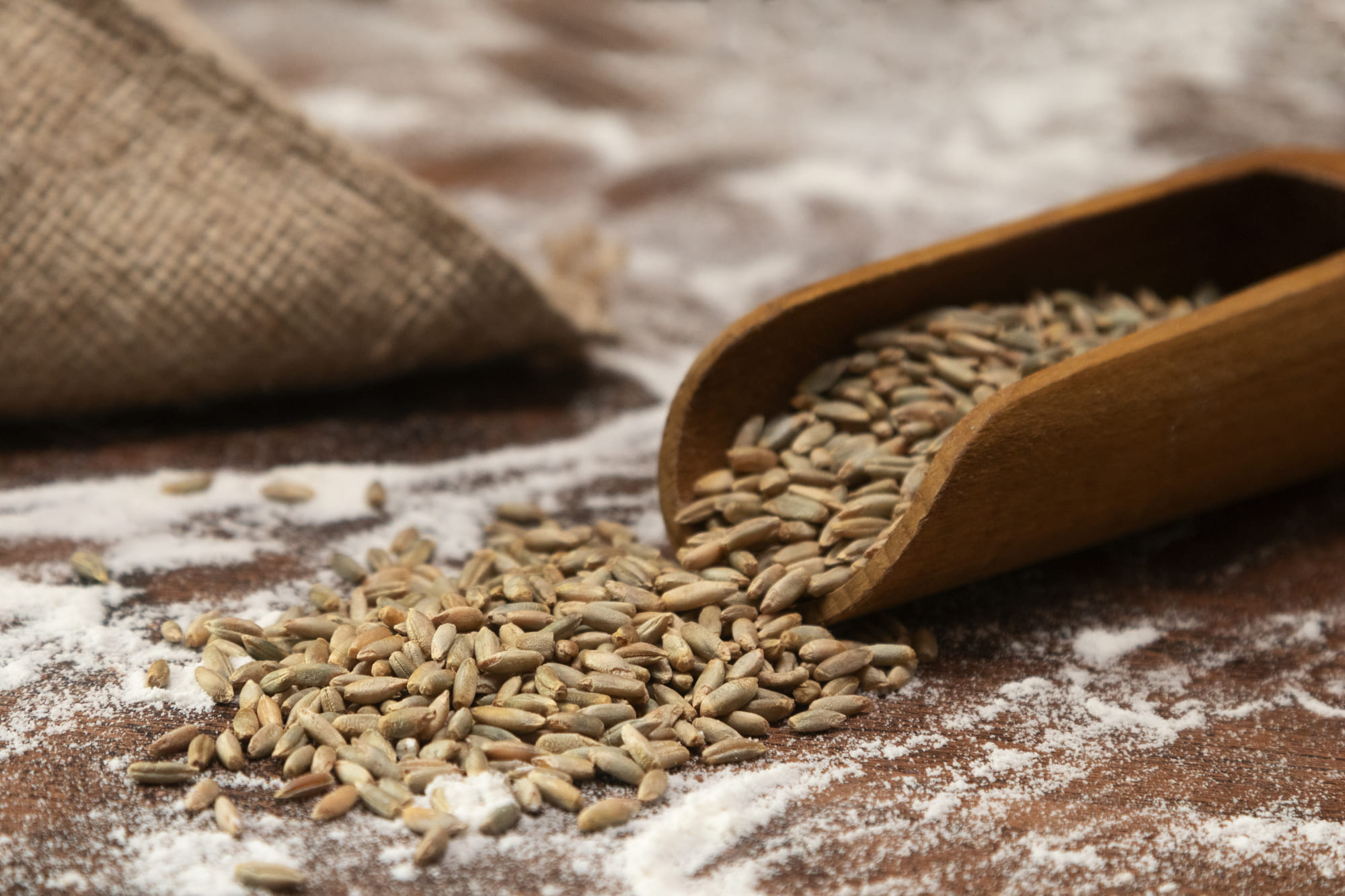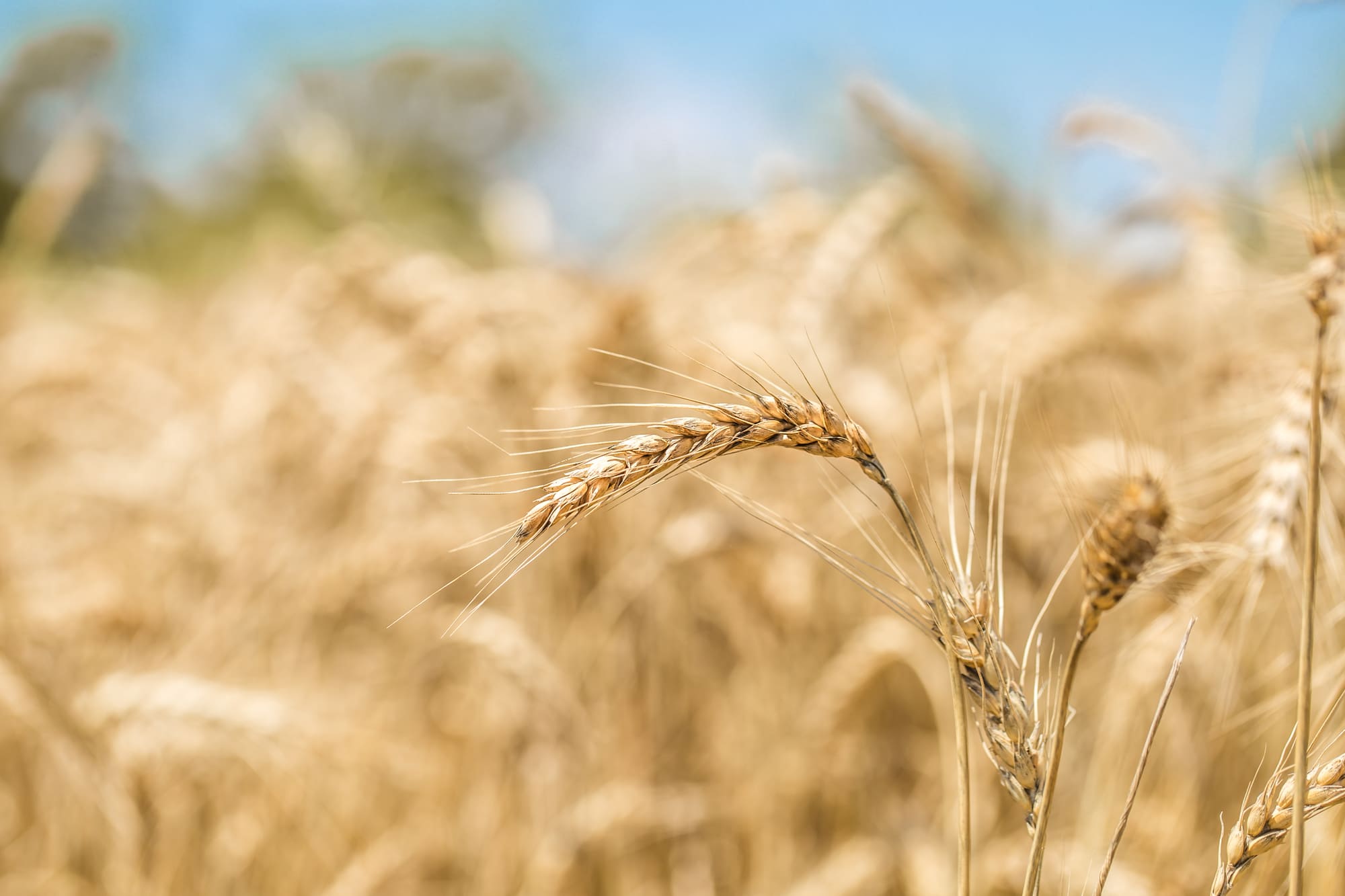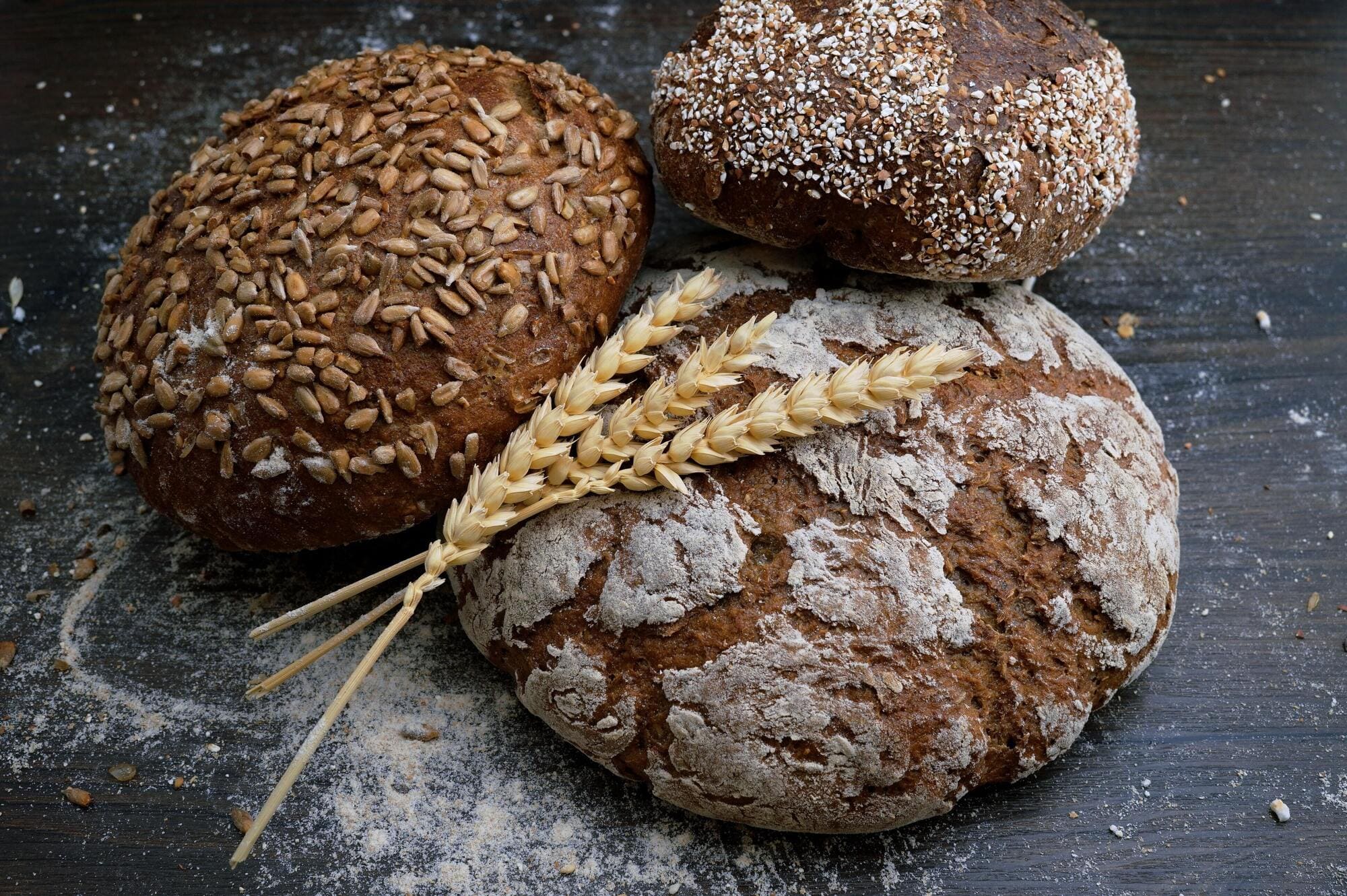
How to Choose the Best Bulk Grains for Your Business
Sourcing high-quality bulk grains is essential for food businesses, bakeries, restaurants, and manufacturers that rely on consistency and quality in their products. Choosing the right supplier can make a significant impact on cost efficiency, product reliability, and customer satisfaction. In this guide, we’ll explore key factors to consider when purchasing bulk grains and how to ensure you’re making the best decision for your business.
Key Factors to Consider When Buying Bulk Grains
1. Quality Assurance
One of the most important factors when purchasing bulk grains is ensuring consistent quality. Look for suppliers that provide:
- Non-GMO and organic options if your business requires them.
- Minimal contamination levels to meet food safety standards.
- Lab testing and certifications to guarantee grain purity and nutritional value.
2. Supplier Reputation and Reliability
Working with a reputable supplier ensures consistency in both product and service. Before committing to a supplier:
- Check customer reviews and testimonials for feedback on reliability.
- Ask for references from other businesses they supply.
- Assess their sourcing process to understand the origin and quality control of the grains they offer.
3. Logistics and Delivery Efficiency
Efficient logistics are crucial to maintaining a steady inventory and preventing delays in production. Consider:
- Shipping timelines and delivery guarantees.
- Warehouse locations to minimize transport costs.
- Flexible order quantities that match your business needs.
4. Pricing and Cost Efficiency
Buying in bulk should help reduce costs, but pricing structures can vary between suppliers. When comparing prices:
- Look for volume discounts without compromising quality.
- Consider long-term contracts for better pricing stability.
- Assess the total cost including shipping, storage, and potential spoilage.
5. Variety of Grains Available
Your supplier should offer a diverse selection of grains to meet the needs of your business. Common bulk grains include:
- Rice (white, brown, jasmine, basmati).
- Wheat (hard red, soft white, durum).
- Oats (rolled, steel-cut, instant).
- Corn (whole, grits, meal).
Barley and quinoa for specialty markets.
Best Practices for Storing Bulk Grains
Once you’ve secured your bulk grain supply, proper storage is essential to maintaining freshness and quality. Follow these best practices:
- Store in airtight containers to prevent moisture and pest contamination.
- Keep in a cool, dry place to extend shelf life.
- Rotate stock regularly using a first-in, first-out (FIFO) method.
Monitor for spoilage or insect activity to prevent losses.
Conclusion
Choosing the right bulk grain supplier can greatly impact the success of your business. By prioritizing quality assurance, supplier reliability, efficient logistics, and cost-effectiveness, you can ensure a steady and high-quality grain supply. Taking the time to research and establish a trusted partnership will lead to better efficiency, lower costs, and improved customer satisfaction.


